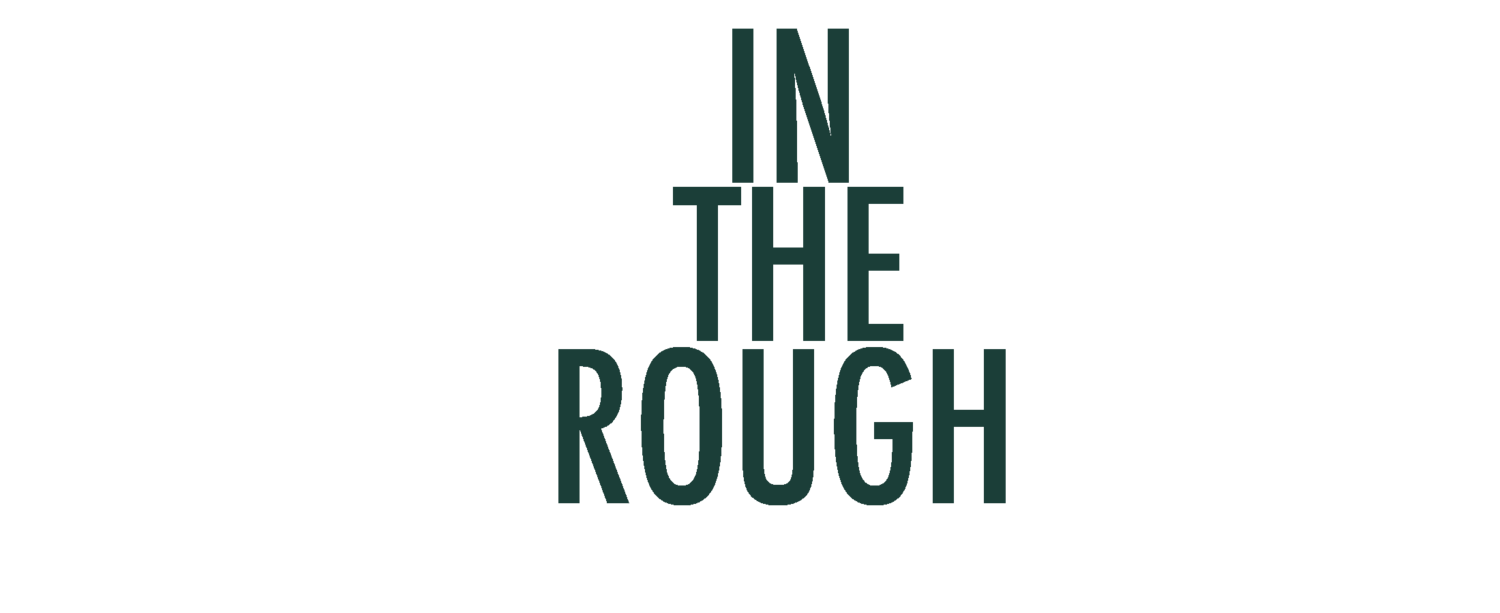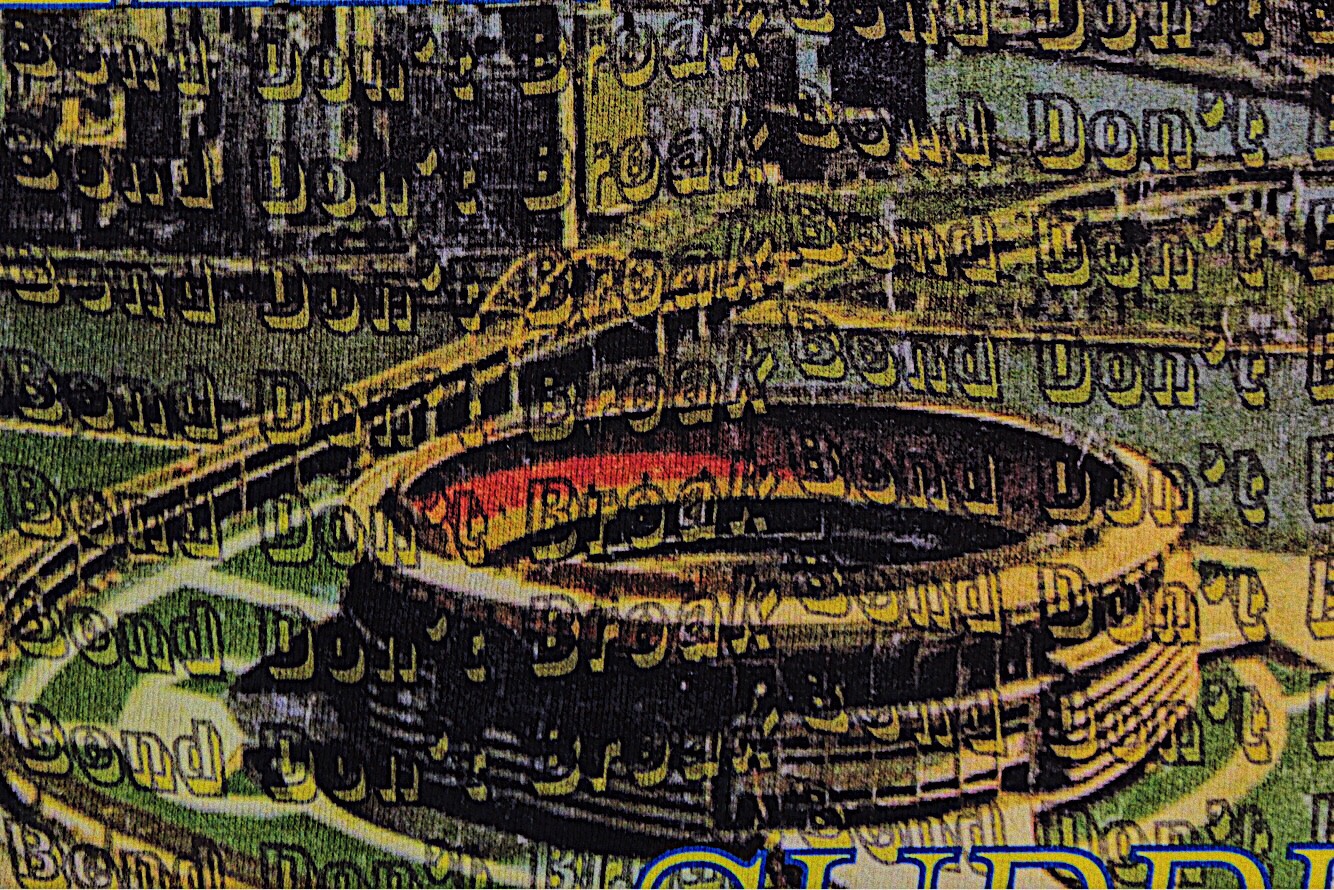SweetBabyDayDay, Captain Jazzo & London Yellow
(Watch this video if you’re not going to read the article.)
Glasshead makes you roll your eyes. They’re too funny to take anything seriously. Ask the group a question, and it’s like an improvisation prompt for them to goof off on camera. “Who founded Glasshead,” I asked to put it on record. “R. Kelly. Or was it Bill Cosby,” London Yellow said. The comment seems so absurd because it was like current events. The two men are legendarily ludicrous. I had to laugh.
Seriously, Glasshead comprises of rapper Captain Jazzo, rapper slash comedian SweetBabyDayDay and London Yellow, video director, rapper, producer and digital artist. The collective linked in Pittsburgh beginning in 2015. They have fun creating content and still find work as a media agency producing for notable hip-hop performers and other artists, like music videos for Rome Fortune and Matt OX.
You can binge watch @_glasshead_ on Instagram. Their clips almost pass as good television mixing sitcoms with memes and rap rolled into one sketch. “We’re doing shit that other people aren’t doing,” Captain Jazzo said. Example, Glasshead is verified on Pornhub. Yes, watch Glasshead produced music videos on Pornhub, and they get ad revenue. The odd selection using Pornhub as a platform puzzles Glasshead followers to click a link, but it also keeps fresh eyes on their content. SweetBabyDayDay, along with frequent Glasshead collaborators Ahsé, Blanco and Bossy, timely caught the viral wave from G Herbo’s “Who Run It” remix last spring and posted their version to Pornhub under categories like “gay” or “solo male.” The marketing strategy pushes the envelope of people’s comfort levels, because why should Glasshead care if you’re comfortable when it comes to homosexuality.
“We like to wild the fuck out, and that’s what the youth wants so we’re going to serve it to them. Mash potatoes and gravy.”
Though there’s no specific formula to Glasshead’s success, how they capitalize on relevant culture moments matters. When Doja Cat got playful singing “Bitch, I’m a cow I go mooo,” London flipped her line to “Bitch, I’m a nigger, like nigger.” It fit Doja Cat’s viral melody racking up over a hundred thousand views. A self-described “memer,” London was on to something with “Bitch I’m a Nigger,” so he has another song called “I Don’t Like Niggers” that he paid famous YouTube vlogger Adam22 to play during his live stream. As a white guy, Adam22 was startled. “Is this a real thing,” he said. A lot of Glasshead videos make the viewer question if they’re the butt of a joke.
“I started to realize maybe it’s taking the power away from the word [nigger] and it’s a mockery of it. It shows how stupid a racist can be,” Jazzo said for clarification.
Putting meme culture into songs works as a theme for London. Dive into his SoundCloud and find songs called “Fuck Nike,” sarcasm for people burning Nike products over Colin Kaepernick’s iconic Nike ad. Or London professes his lust for “iCarly” TV star Jennette McCurdy. There’s bop and introspection to his music, which listeners should take seriously. “I’m just talking about something that’s funny instead of just self-destructive,” London said. Check out his songs “I woke Up” and “So Lame.” London releases music a lot. 11 songs in the last two weeks.
DayDay has it all. A spawn of Dave Chapelle and Eddie Murphy, entertainment good for any stage including music or acting. He’s got the comedic imagination and timing tying into his skits and music. DayDay collaborated with native Pittsburgh comedian and New York resident Vinay Umapathy the Mumble Comic going insane in the woods. Performing in multiple ways, DayDay’s song “Bop Juice” simply describes this new, glitzy and young sounding hip-hop that’s abundant right now.
Where DayDay and London Yellow might focus on more than just their music, Captain Jazzo focuses on his songs. “I’ve really just been perfecting my craft. I’m not putting out any shit that’s subpar. I probably wrote enough for three or four mixtapes,” Jazzo said guarding his records. Maybe you recognize Jazzo from his energy at the Maxo Kream concert at Spirit, the venue in Lawrenceville. Jazzo repeatedly punched Maxo in his stomach excited to the song. Maxo was nice enough to invite him on stage, which Jazzo later dove off. “I’m trying to get Malia Obama to roll my weed,” Jazzo said during his verse in London’s track “Mobbin.”
“This is for all my niggas with no dad. I’m like that. I don’t have a father, but I feel like we’re a special type of breed that doesn’t need a father. We pat our own back when we do good shit.”
Other people’s interaction with Glasshead comes from their party recap videos, like for Pittsburgh Request Live— a party by Feline Entertainment. After DJ Based Grace saw the Glasshead video of the party she DJ’d at, she said, “That’s when I knew they had something.” Footage plus animation plus edits equal video gold.
Overall, the multi-faceted organization keeps people engaged with their “satire” in music, social media content and videos. With this showmanship, there’s no not hearing about Glasshead even if you lived under a rock.
Watch the Glasshead x InTheRough video interview above, or read a short transcript with Glasshead member London Yellow below.
Glasshead members left to right: SweetBabyDayDay, Captain Jazzo & London Yellow | Photograph by Alex Young
InTheRough: When I look at the Glasshead Instagram feed I think memes.
London Yellow: I have the meme culture. I’m not going to lie to you. This guy (Cap Jazzo) is kind of there a little bit. DayDay has no clue at all. DayDay is not a meme.
ITR: What’s meme culture or how would you describe it?
London: You can’t describe it. If you try to describe meme culture, you’re a fucking normie. You gotta stop. You just know or you don’t know. It’s as simple as that.
ITR: What is the key element to a meme?
London: There’s not one key element. You just have to know.
ITR: Okay, but when you see a meme you know it’s a meme.
Captain Jazzo: It’s something that cannot make sense, but makes so much sense.
London: Naw, bro. It can be anything, bro. It’s about knowing the language. But I will tell you this, there’re bitches that will send me memes that have a whole paragraph explaining what’s happening. If you can’t just look at the picture and get it, I’m not trying. Me personally, I feel like the danker you are the less words you need. You just look at it and you’re like, “There it goes.” I don’t like to read books. I read memes. I send memes to people to further my text conversation. You can’t express through texts unless you send memes. It’s like facial expressions. You know what I’m saying? It’s a whole language.
ITR: What’s your best meme?
London: There’s not a best meme. There’s not a best anything. Everything has its own.
ITR: What’s your favorite meme?
London: I don’t have a favorite anything. But, being a successful meme page you have to steal people’s memes and not care. Speaking of that, my shits been getting hella stolen in the past three months and not tagged or anything. You can’t get mad. It’s the Internet. You put it on the Internet and it’s not yours anymore.
ITR: What’s the last meme you made?
London: A white dick on a mosquito.
EXTRA:









